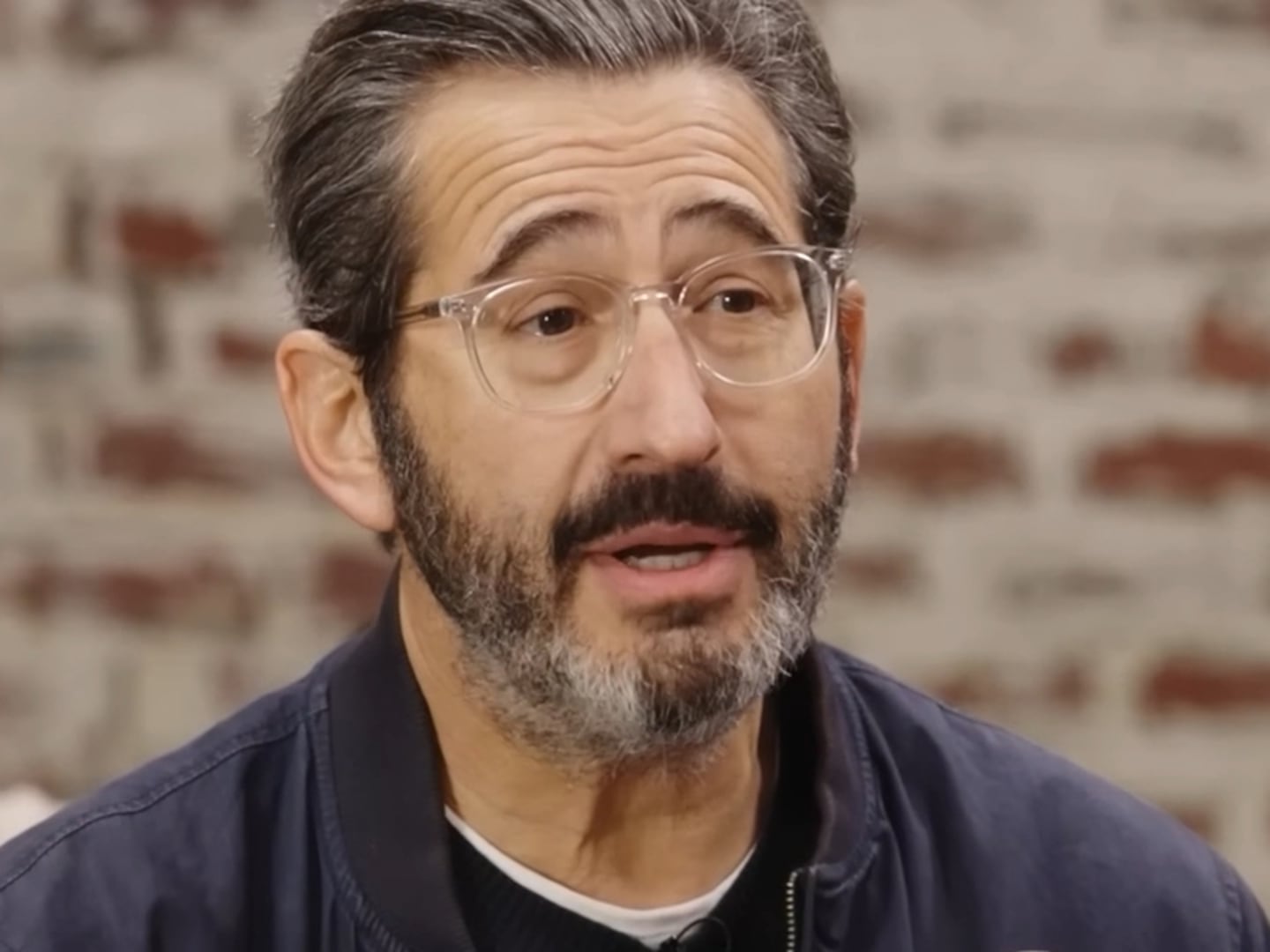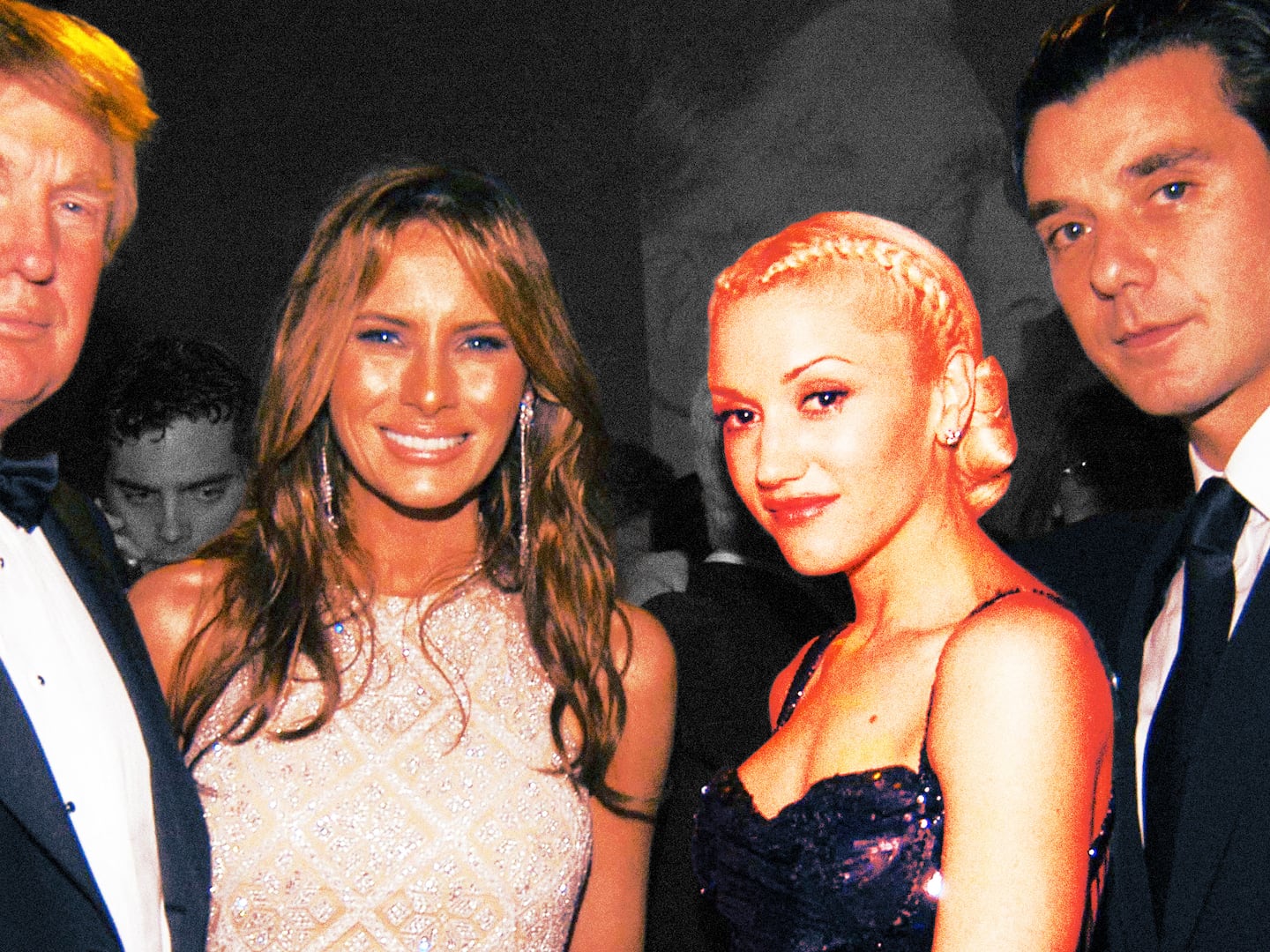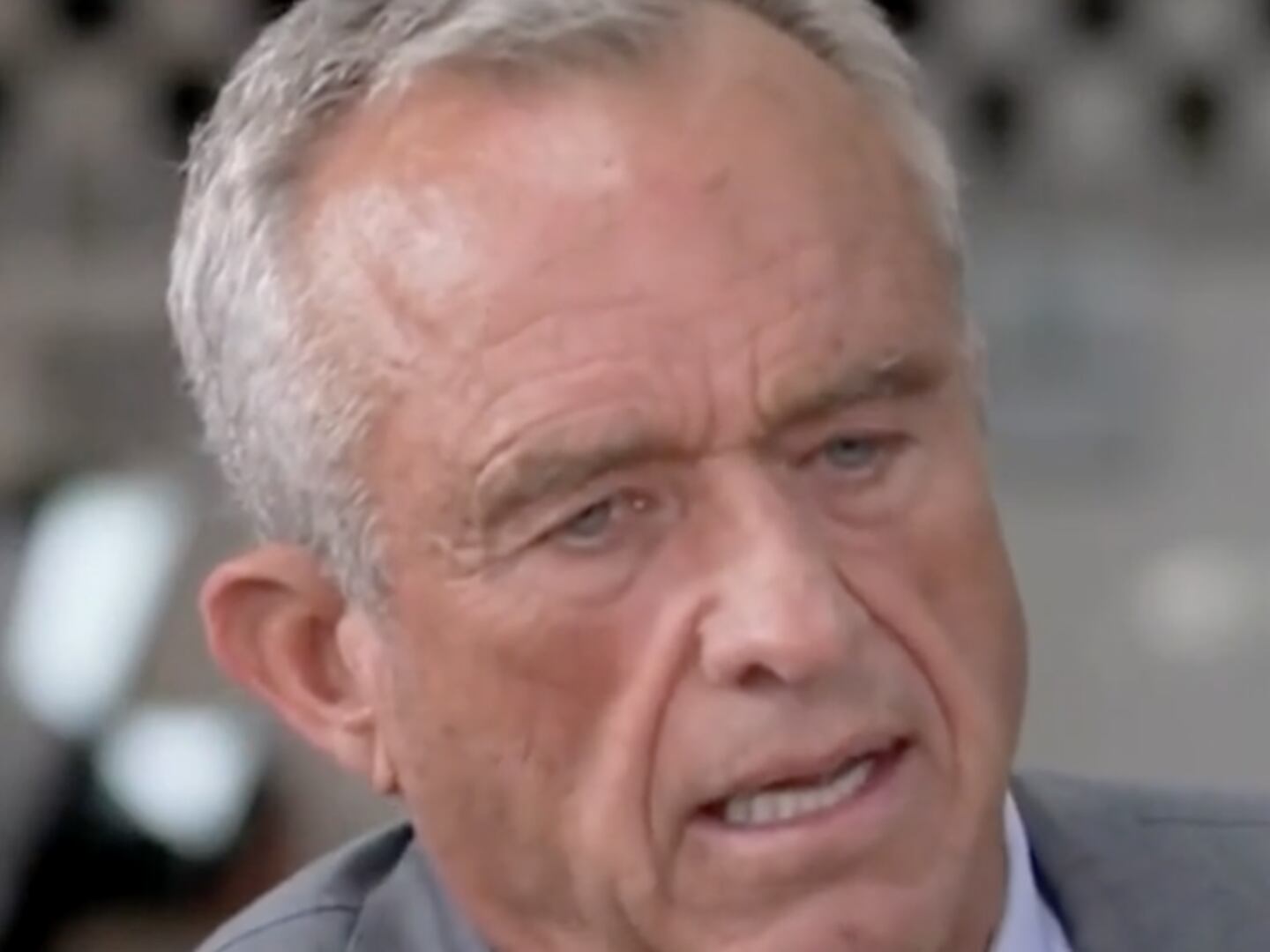Elections
Daniel Acker/Bloomberg via Getty
The NRA’s ‘A’ Rating Loses Its Luster for Republican Candidates
ALBATROSS
After decades of running uphill, the gun-law reform forces may at last be competing on a level political playing field.

Trending Now




